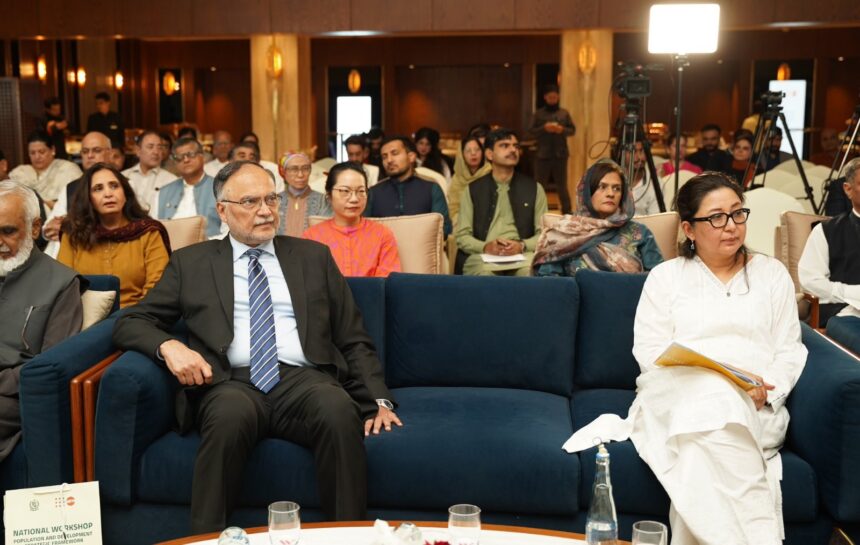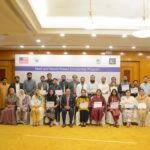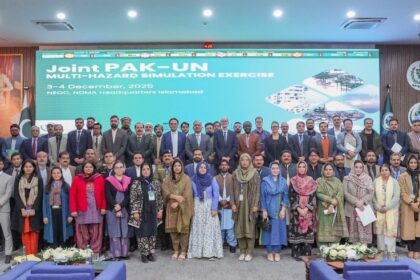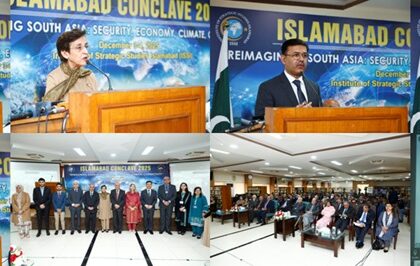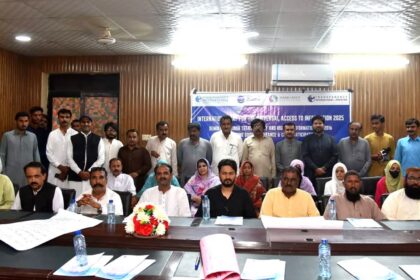Pakistan’s population has surpassed 241 million and is expected to exceed 400 million by 2050, raising concerns about the country’s future and its resource management. This rapid growth underscores the need for wise policies, targeted investments, and coordinated actions to ensure sustainable development.
Currently, 64 percent of Pakistan’s population is under the age of 30, making the youth both the country’s greatest asset and a significant challenge. Experts emphasize that unless properly managed, such a young population could exacerbate existing pressures on education, healthcare, food, water, housing, energy, employment, and infrastructure.
To address these challenges, Pakistan’s Ministry of Planning, Development, and Special Initiatives, in collaboration with UNFPA Pakistan, has launched a national workshop to develop a Strategic Population and Development Framework. This initiative aims to integrate demographic trends into national planning and policymaking, and to better align national priorities with provincial needs.
Addressing the workshop, Federal Minister for Planning Professor Ahsan Iqbal called population management critical for the nation’s long-term prosperity and survival. He stressed the importance of providing young people with quality education, decent employment, and healthcare, ensuring they can positively contribute to the economy and society.
The Pakistani government has committed to implementing the outcomes of this consultation within a practical framework to guarantee inclusive and sustainable development. Officials describe the process as focused on people, opportunities, and building a future in which every Pakistani can play a constructive role.




